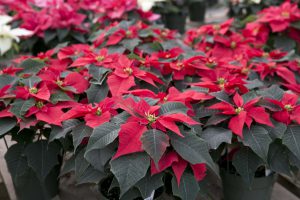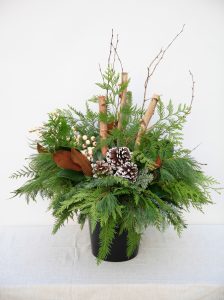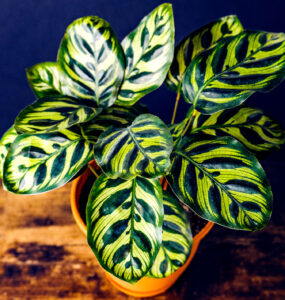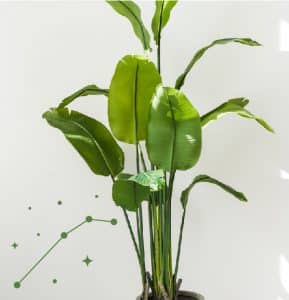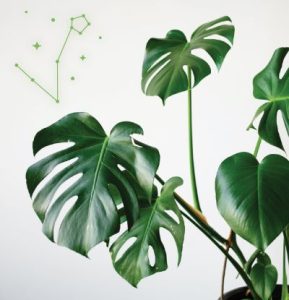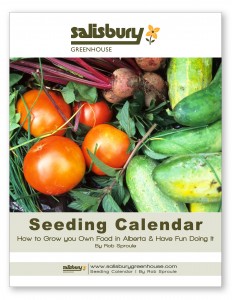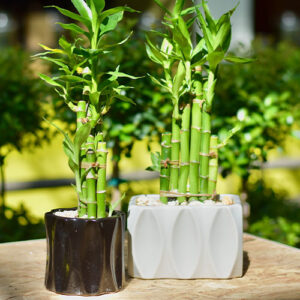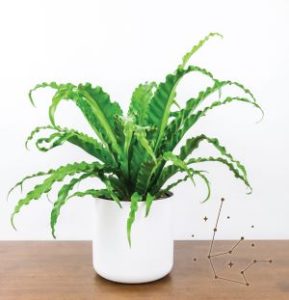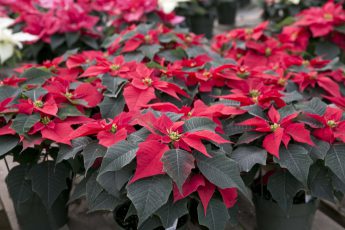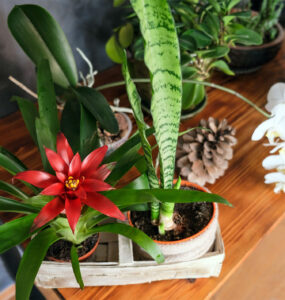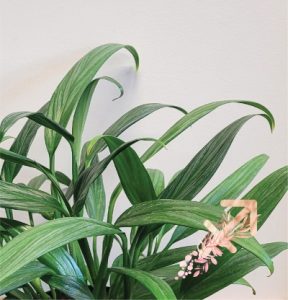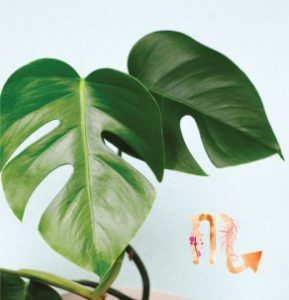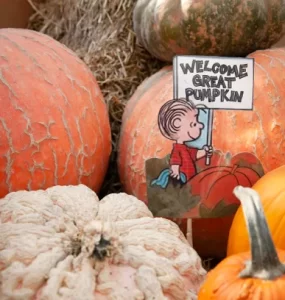 The “Fixers” Plants that Fertilize Themselves
The “Fixers” Plants that Fertilize Themselves
by Rob Sproule
As much as I love science, sometimes the definitions leave me scratching my head. The majority of people tune out at terms like “nitrogen-fixation”, assuming it to be esoteric chemistry that doesn’t apply to them.
The reality is that nitrogen-fixing plants, or “fixers” as I call them, are wonders of nature. As debates about the overuse of fertilizers, and nitrogen in particular, soar, these humble workhorses are producing organic, valuable nitrogen that benefits the entire garden.
How It Works
A plant wouldn’t get very far without nitrogen. Within plant roots, nitrogen breaks down into amino acids which are used to create chlorophyll, the building blocks of leaves. If you’ve ever given a plant too much nitrogen, you’ve seen how much leaf growth it encourages.
While we think of nitrogen being soil-bound, but most of the world’s nitrogen is floating around us, comprising 78% of our atmosphere. “Fixing” is the process of making it usable in the soil.
While bacteria fixes most of the world’s nitrogen, the rest is fixed by lightning flashes, which cause a reaction that allows rain to bring it to the ground. Without nitrogen fixation, earth’s soil would quickly breakdown, along with crop yields world-wide. Plants fix nitrogen in order to convert it into usable forms and store it in nodules on their roots.
A symbiotic bacteria called Rhizobium, which is technically an infection on the roots, makes the magic happen. The plant uses the nitrogen as it grows, requiring no additional fertilizer, and when it dies/ decomposes the stored nitrogen is released into the soil for the next generation of plants to enjoy.
Use fixing strategically in your garden via crop rotation. Plant peas and beans in year 1 so they can feed the soil. In year 2 plant leafy crops that thrive on high-amounts of nitrogen and, in year 3, plant heavy feeders like tomatoes and cucumbers which will devour what’s left (with some supplemental help from you).
Inoculant
You’ll notice tiny packages of Inoculant hanging around wherever you buy legume seeds. The packages contain Rhizobium bacteria that you bring into contact with the seeds before planting.
In order for plants roots to become “infected” by the beneficial bacteria, the bacteria has to be already present in the soil. If you rotate your crops or even if you’re switching species of legumes (most nitrogen-fixing bacteria is species-specific), it’s important to use it. If you have a healthy population of Rhizobium already (ie. You have excellent rich, chemical-free soil and/or you get good beans and pea yields without it) it’s not as vital.
Other “Fixers”
While the legume family are by far the most common nitrogen fixers (peas, beans, lentils and peanuts), there are a surprising number of other hardy plants that do the same thing. Planting a perennial “fixer” shrub or tree in your existing beds will have the same effect on surrounding plants as beans have on veggie crops: as the root nodules break down the nitrogen will become available and benefit everything.
Readily available ornamental fixers include Caragana, Sea Buckthorn, Russian Olive, Alder, Trefoil, Vetch, and even Lupines. Even though many of these employ a different bacteria than Rhizomium, the results are the same; as old roots die back, even if the plant doesn’t, nitrogen is released and its neighbours rejoice.
Many farmers, and even some savvy gardeners, deliberately grow a quick fixer crop before their main crop. The fixers collect nitrogen and, when they’re harvested, the nitrogen starts to break down. The catch is that, because it takes a little while for the root nodules to decompose, the nitrogen probably won’t be available till the following season.

